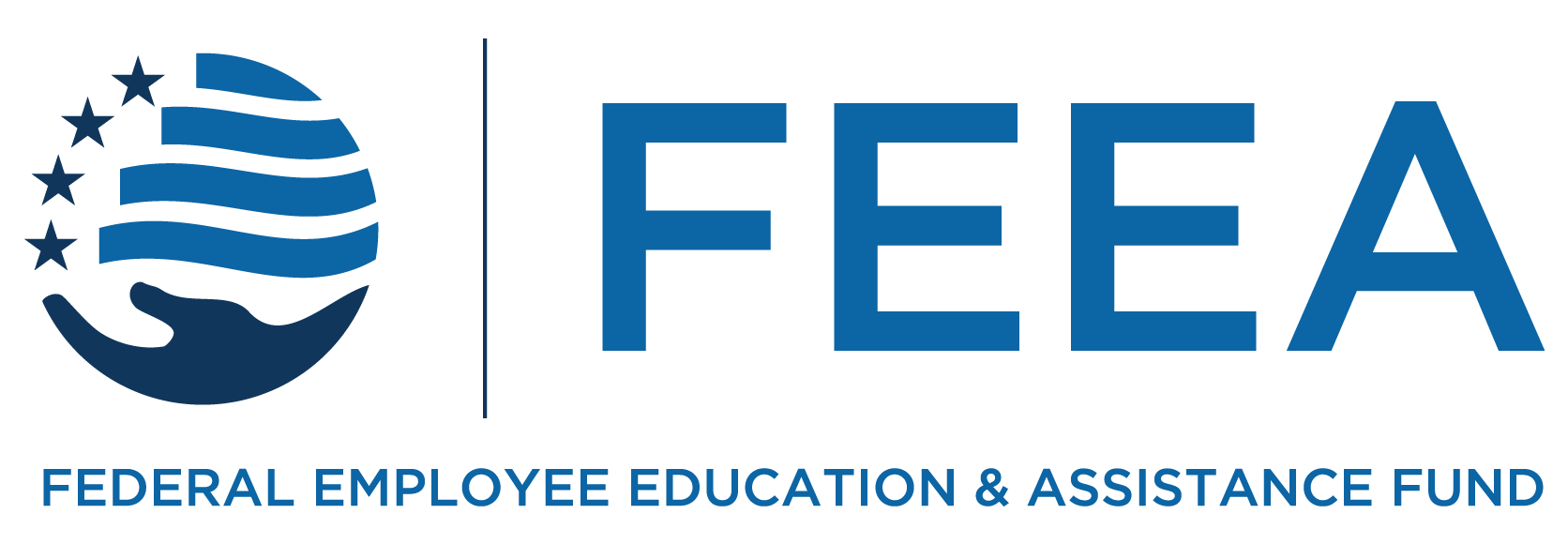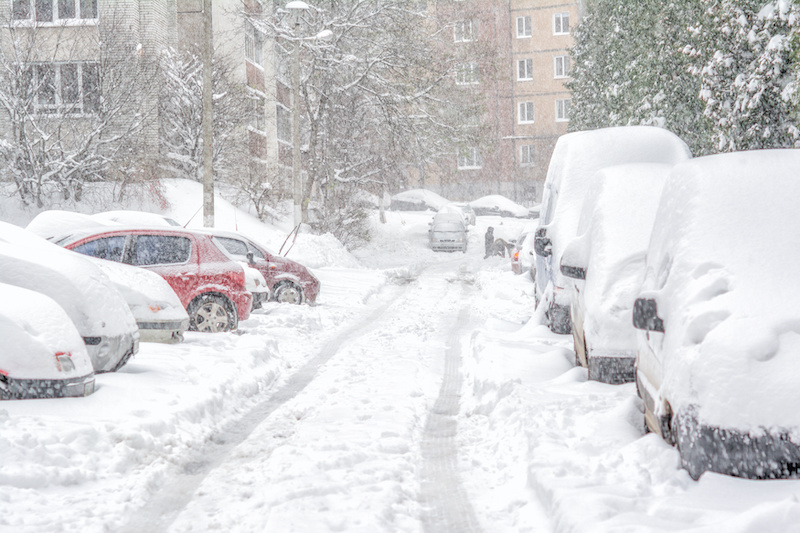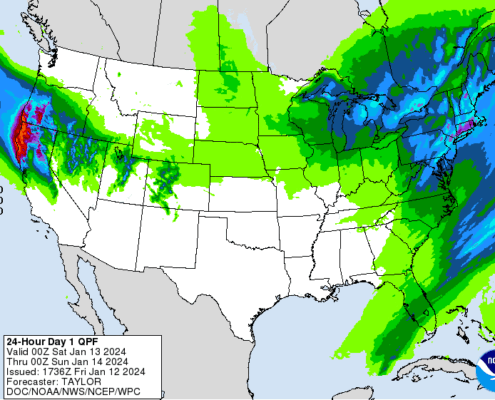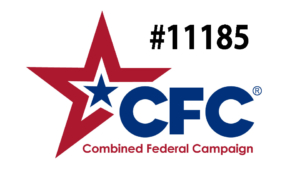Are You Ready for Winter Weather?
I recently chatted with William (Will) Flagler, Jr., Deputy Director, Arlington County Public Safety Communications and Emergency Management, about winter weather preparedness.
Robyn: Thanks for talking with us again, Will. Last time, we talked general disaster preparedness and summer weather issues. Now we let’s talk winter weather.
Will: Thanks for giving me this opportunity and it is hard to believe that winter will be here soon! I hope I can provide some useful information to help keep people safe this winter.
Robyn: What about getting a home ready for winter? What winterizing steps can we take before cold weather sets in?
Will: Some suggested things to do to prepare are:
- Sign up for local Alerts and have a battery or have a crank powered NOAA weather radio available.
- Have your furnace serviced regularly.
- Prepare your home by salting walkways, driveways, and entrances before a storm.
- Have emergency heating equipment.
- Plan for snow removal: have shovels on hand, or consider going in with a few neighbors for a community snow blower.
- Turn off outside spigots and drain those pipes.
- If you have water pipes in an unheated area, like a garage or crawl space, wrap the pipes in an insulating material. Foam tubes or heat tape are great examples that can be found at your local hardware store. Ensure you don’t leave any gaps without insulation.
- Learn how to operate your water’s main shut off valve (in case a pipe bursts). Learn how from Cleveland Water
- Learn First Aid.
Robyn: What are the biggest dangers people face during snow or ice storms, or stretches of really cold weather? Is there anything we can do to lessen the risks?
Will: The biggest dangers will surprise you. The main dangers in my opinion are: heart attacks, carbon monoxide poisoning, car accidents, and hypothermia, to name a few. Some of these are self-explanatory, but you may be asking yourself why I listed heart attacks. The answer is simple: when it snows people must shovel snow and, in many cases, this strenuous activity is not normal for them, and combined with the cold temperatures this is a recipe for a heart attack. I would say take it easy when removing snow and don’t push yourself too hard. You have to also remember it could take first responders a little longer to get to you if you are in distress.
Robyn: Are there particular items we should put in a winter kit for our cars? What else should we do to prepare to travel safely through the winter?
Will: The itemsyou need for a winter kit for your car can vary, but some of the main items are:
- flashlights
- batteries
- blanket
- snacks
- gloves
- boots
- first-aid kit
- ice scraper/snowbrush
- jumper cables
- kitty litter or sand (for traction)
- cell phone charger, and
- road flares
If assembling these items on your own is too much, you can always go online and order a winter driving emergency kit. To prepare to drive during the winter, experts also suggest you check tire pressure, get a winter maintenance checkup, and keep a full tank of fuel/full charge for electric vehicles.
Robyn: What about households with pets? Are there special preparations or precautions to safely care for pets who need to go outside?
Will: Pets are very important and are family to most of us. According to the ASPCA, make sure you have extra pet food and water, and wash and dry your pet’s feet and stomach when you come inside to remove ice, salt, and chemicals. Getting booties for your animal will help prevent salt and sand from getting stuck between their toes. If possible, use pet-friendly ice melt to treat sidewalks and driveways. Making sure your pet is not left outside is also a very important thing to remember.
Robyn: Let’s talk snow clearing for a minute. I’m sure this varies across the country, but is there a general rule of thumb emergency and public works agencies use to determine which roads get cleared first? What can citizens do to assist?
Will: This can vary by jurisdiction but, in many cases the priority will always be main roads and highways. The reason is some of these roads are the main evacuation route or they are where critical facilities and infrastructure are located, like an airport or hospital. Then secondary roads are next, and depending on where you live, neighborhoods could be last.
Staying off the roads so that public works can clear the snow is a general message that all jurisdictions share. If you are out, then remember to have a kit in your car and to pay extra attention to the road as conditions could change rapidly.
Robyn: Are there any winter weather mistakes you see people frequently make? What would be a better approach?
Will: The biggest issue that I have seen is not signing up for alert notifications systems in the area they live in. The reason this is important is that vital information is disseminated this way, and many in cases if people don’t get that information it could impact them in negative ways. If you don’t want to sign up for text alerting, you can use social media to follow the emergency management agency in your jurisdiction.
Another mistake is people using various alternative methods to heat their homes which increases the risk of carbon monoxide poisoning, fires, and other issues. If you are using space heaters or other alternative heat sources, be sure to follow all safety precautions, including turning them off when you leave.
Robyn: Is there anything we haven’t touched on that you think is really important for people to know as we head into winter?
Will: I think the most important thing to do is not to panic in any situation that could impact you during the winter, and make sure to prepare before winter weather arrives. Ready.gov has a lot of great advice to help you prepare.
More from FEEA
Subscribe to FEEA’s Newsletter
Would you like to reprint this piece in your agency human resource, federal employee association, or union local newsletter? You can do so at no cost by contacting admin@feea.org with your request.
The information provided in this piece is for your convenience and informational purposes only and not to be construed as professional advice. FEEA and its coauthors and sponsors are not liable for any losses or damages related to actions or failure to act with regard to the content in this piece.






